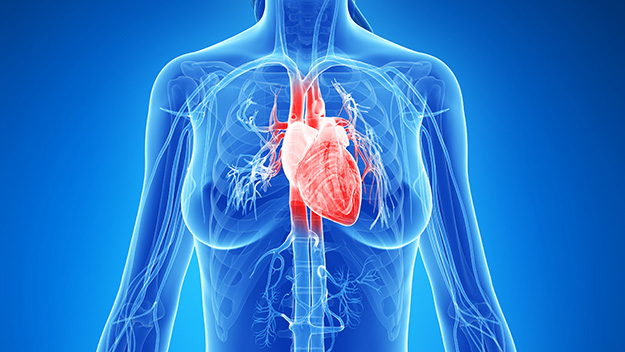Research published in the American Heart Association’s journal Stroke, suggests that postmenopausal women derive health benefits from potassium-rich foods if they do not have high blood pressure.
In Australia stokes kill more women than breast cancer and more men than prostate cancer; and while potassium has previously been linked to lower blood pressure and reducing the risk of stroke, up until now there has been little research to support the relationship.
Senior author Sylvia Wassertheil-Smoller of the Department of Epidemiology and Population Health at Albert Einstein College of Medicine in New York and her team analysed qualitative health data from more than 90, 000 women, aged between 50 and 79.
Potassium is used in the body to regulate a normal water balance between cells and body fluids and according to the US Food and Drug Administration adults should consume at least 4,7000 mg of potassium daily.
Before the study all of the women were stroke free and researchers separated them into four groups based on their potassium consumption, from those who got less than 1,926 mg per day, the least potassium, to those who got more than 3,194 mg per day, the most.
On average the women stayed in the study for a period of 12 years and out of every 1,000 about three suffered a stroke and 12 died from various causes.
Wassertheil-Smoller’s team found that women who ate the most were 27 per cent less likely to suffer an ischemic stroke and 21 per cent less likely to have a stroke in general than those who ate the least potassium.
Women who had diets rich in potassium were also 10 per cent less likely to die during the study than those who consumed less potassium.
The reducing effects were far more pronounced in women with high blood pressure which researchers found surprising.
“Potassium is a vital component of cellular function,” Wassertheil-Smoller told Reuters Health.
“It affects endothelial cells which line blood vessels, so perhaps it may provide more blood flow to critical areas – that is one thought, but we don’t really know.”
In the publication Wassertheil-Smoller conceded that this and previous research cannot specifically attribute potassium for lowering stroke risk.
Experts say sustaining a healthy body weight, being physically active, not smoking, and drinking alcohol in moderation reduces the risk for stroke.
Wassertheil-Smoller told Reuters Health potassium derived from food – such as bananas, avocados and other fruits and vegetables – may be more beneficial than potassium found in supplements. Stroke is Australia’s second biggest killer after coronary heart disease and the Stroke Foundation predicts that this year 51, 000 Australians will suffer a new or recurrent stroke.
The Stoke Foundation recommends that the best way to recognise stroke is to use the FAST test which involves answering these simple questions:
Face: Check their face. Has their mouth dropped?
Arm: Can they life both arms?
Speech: Is their speech slurred? Do they understand you?
Time: Time is critical. If you see any of these signs, call 000 straight away.
For more information on stroke visit the Stroke Foundation.


